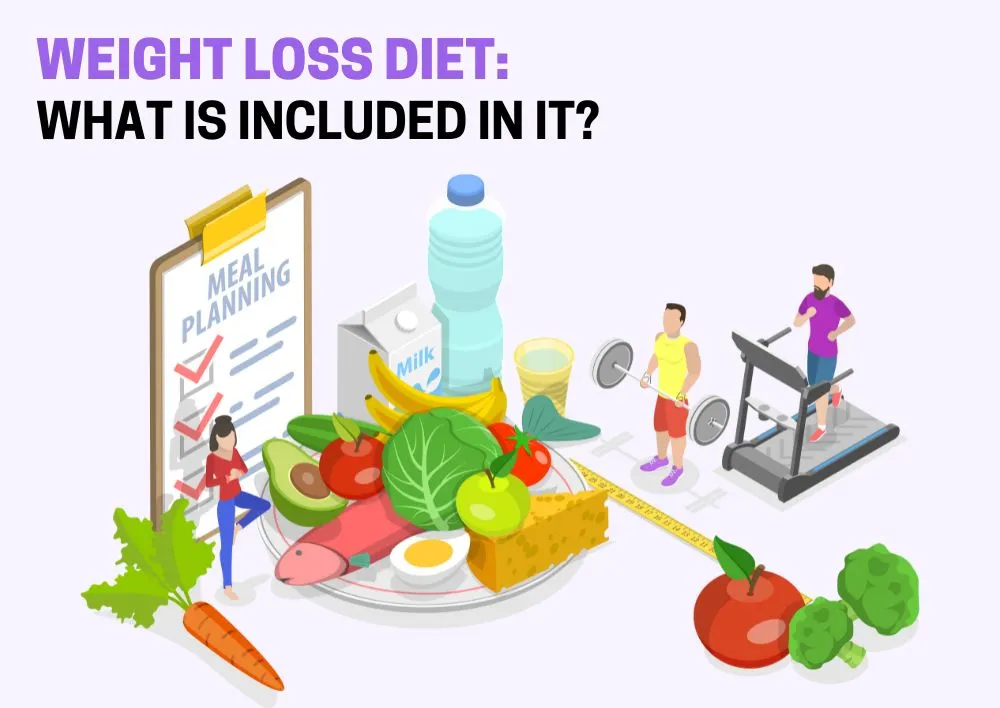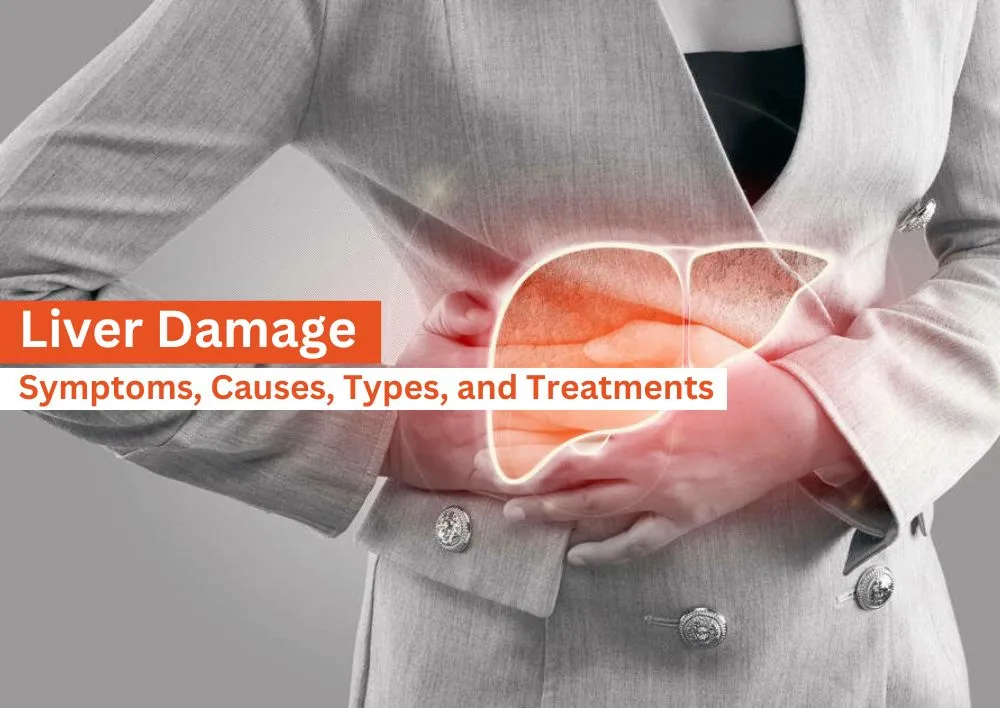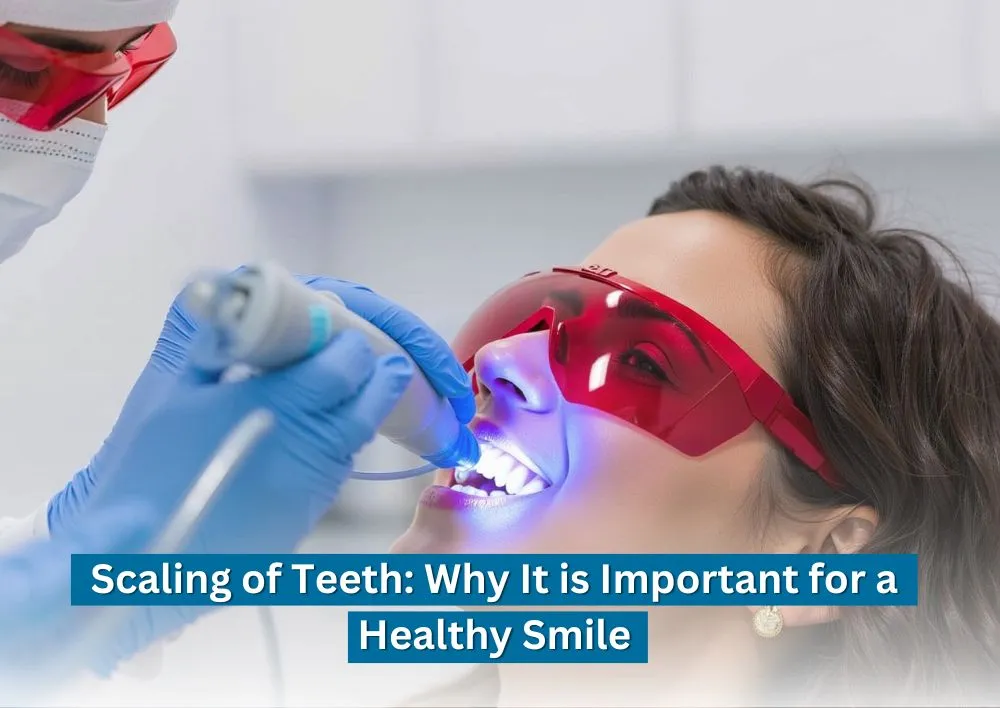Weight Loss Diet: What is included in it?
In the journey towards a healthier lifestyle, weight loss often takes center stage. Yet, in the vibrant world of fitness manias and trendy workouts, the important role of diet sometimes gets outweighed. However, it is important to recognize how your diet serves as the cornerstone of weight loss success. Weight loss is more than just eating right; it's about building healthy habits that last a lifetime.
Are you ready to kickstart your weight loss journey with confidence and expertise? Look no further than Miracles Apollo Cradle/Spectra. As a trusted name in the healthcare industry, our dedicated team of the best dieticians and nutritionists in Gurgaon is here to empower you every step of the way. With a personalized diet plan for weight loss tailored specifically for you, guided by our expert professionals, you'll experience the joy of nourishing your body with delicious, wholesome foods while achieving your weight loss goals.
Let us help you unlock your full potential and welcome a healthier, happier you. Say hello to sustainable weight loss and lifelong wellness with us by your side.
If you are looking for a fat-loss diet method to lose weight naturally, you are at the right place. In this blog post, we'll dive deep into why what you eat matters more than you might think and how making mindful dietary choices can transform your weight loss journey.
What is a Healthy Diet?
A healthy diet provides the essential nutrients, vitamins, and minerals to support overall health and well-being while reducing the risk of chronic diseases. It emphasizes the consumption of whole, minimally processed foods that are rich in nutrients, low-calorie, and low in added sugars, unhealthy fats, and sodium.
Understanding the Diet-Weight Loss Connection
When it comes to losing those extra pounds, many of us spontaneously turn to exercise as the primary solution. While physical activity is undoubtedly important for overall health, research consistently highlights the importance of diet in weight management. Numerous studies have shown that weight loss is primarily influenced by what we eat rather than how much we exercise. According to the National Institute of Diabetes and Digestive and Kidney Diseases (NIDDK), “Striking a balance between carbohydrates, proteins, and fats is essential for sustainable weight loss."
The Importance of Diet in Weight Loss:
-
Calories in vs. Calories out: At its core, weight loss is a simple equation of consuming fewer calories than you spend. While physical activities help burn calories, managing your calorie intake through your diet is key.
-
Nutrient Density: Your body needs a variety of nutrients to function optimally. By focusing on nutrient-dense foods like fruits, vegetables, lean proteins, and whole grains, you not only support your weight loss but also enhance your overall health.
-
Metabolism Boost: Certain foods can accelerate your metabolism, making your body more efficient at burning calories. Including metabolism-boosting foods like green tea, chili peppers, and lean proteins can give your weight loss efforts an extra push.
-
Sufficiency and Satisfaction: Ever notice how a salad leaves you hungry soon after, while a balanced meal keeps you full for hours? That is because protein, healthy fats, and fiber help keep you full, preventing overeating and snacking.
-
Behavioral Patterns: Diet affects more than just your physical health; it also impacts your behavior. By making mindful food choices, you develop healthier eating habits that support long-term weight management.
What is The Best Diet for Weight Loss?
The best diet for weight loss isn't a one-size-fits-all solution but rather a personalized approach that suits your lifestyle, preferences, and nutritional needs. It's about finding the right balance of nutritious foods that promote fat loss while keeping you satisfied and energized. Whether you're into keto, intermittent fasting, plant-based, or Mediterranean, the key is consistency and sustainability. Focus on filling your plate with whole, minimally processed foods like lean proteins, colorful fruits and veggies, whole grains, and healthy fats.
Remember the power of portion control, hydration, and mindful eating. Ultimately, the best diet is the one that you can stick to long-term, helping you achieve your weight loss goals while feeling your best inside and out.
Dietary Approaches For Weight Loss
The concept of the "best" weight loss diets can vary greatly depending on individual choices, lifestyle, and health concerns. However, several well-researched dietary methods have shown effectiveness for weight loss:
-
Mediterranean Diet: The Mediterranean diet has been related to several health benefits, including weight loss and improved heart health. The eating pattern underscores whole foods, including fruits, vegetables, whole grains, lean proteins, healthy fats, and limited amounts of processed foods and red meat.
-
DASH Diet (Dietary Approaches to Stop Hypertension): The DASH diet emphasizes fruits, vegetables, whole grains, lean proteins, and low-fat dairy products while limiting sodium, saturated fats, and added sugars. This balanced approach to eating can support weight loss while also promoting overall health.
-
Plant-Based Diet: Plant-based diets focus on whole, minimally processed plant foods such as fruits, vegetables, legumes, nuts, seeds, and whole grains. Research suggests that plant-based diets can be effective for weight loss due to their high fiber content and lower calorie density.
-
Low-Carb Diet: Low-carb diets limit carbohydrate intake, often highlighting protein and healthy fats instead. These diets can lead to rapid weight loss, primarily through water weight reduction and appetite restrictions.
-
Intermittent Fasting: Intermittent fasting involves alternating periods of not eating with periods of eating. Common methods include alternate-day fasting or the 16/8 method (fasting for 16 hours and eating within an 8-hour window). This kind of fasting can lead to weight loss by reducing calorie intake and improving metabolic health.
-
Calorie-Restricted Diet: Simply reducing overall calorie intake can lead to weight loss. This approach involves monitoring portion sizes, tracking calorie intake, and choosing nutrient-dense foods to meet nutritional needs while creating a calorie deficit. However, it's important to ensure adequate intake of essential nutrients and avoid overly restrictive calorie levels.
Ultimately, the best diet for weight loss is one that you can maintain long-term and fits your individual preferences, lifestyle, and health goals. It's important to focus on whole, minimally processed foods, prioritize nutrient density, and listen to your body's hunger and fullness signals. Consulting with a registered dietitian near you can provide personalized guidance and support in finding the most suitable dietary approach for you. Remember, sustainable weight loss is about making gradual, lasting changes to your eating habits rather than chasing quick fixes or extreme measures.
Practical Tips for a Weight-Loss-Friendly Diet:
Here are the practical tips related to fat loss-friendly diet for weight management:
-
Variety of Fruits and Vegetables: Incorporating a colorful array of fruits and vegetables into your diet ensures a diverse intake of vitamins, minerals, antioxidants, and fiber. Aim to fill half your plate with fruits and vegetables at each meal.
-
Whole Grains: Choose whole grains such as brown rice, quinoa, oats, barley, and whole wheat bread over refined grains. Whole grains are rich in fiber, which helps digestion, helps maintain a healthy weight, and reduces the risk of heart disease and diabetes.
-
Lean Proteins: Protein is an important component of a weight loss diet as it helps you feel full and satisfied, reducing cravings and preventing overeating. Opt for lean protein sources such as chicken breast, turkey, fish, tofu, tempeh, legumes, and low-fat dairy products.
-
Healthy Fats: Incorporating healthy fats into your diet can help regulate appetite, improve heart health, and enhance nutrient absorption. Include sources of unsaturated fats such as avocados, nuts, seeds, olive oil, and fatty fish like salmon and mackerel.
-
Limit Added Sugars: Minimize consumption of foods and beverages high in added sugars, such as sugary drinks, desserts, candies, and sweetened snacks. Opt for naturally sweet options like fruits to satisfy your sweet tooth.
-
Moderate Sodium Intake: Be mindful of your sodium intake and limit your consumption of processed and packaged foods that are high in sodium. Instead, season your meals with herbs, spices, lemon juice, or vinegar to enhance flavor without adding extra salt.
-
Stay Hydrated: Drink plenty of water throughout the day to stay hydrated. Water is essential for various bodily functions, including digestion, nutrient absorption, temperature regulation, and detoxification.
-
Portion Control: Pay attention to portion sizes and avoid overeating. Use smaller plates, bowls, and utensils to help control portion sizes and prevent overindulgence.
-
Balanced Eating Pattern: Strive for balance and moderation in your diet by enjoying various foods in appropriate portions. Incorporate different food groups into your meals and snacks to ensure you're meeting your nutritional needs.
By including these key components in your diet, you can create a healthy and sustainable eating plan that supports weight loss while also nourishing your body with essential nutrients. Remember to focus on making small, manageable changes over time and listen to your body's hunger and fullness signals to achieve long-term success.
Conclusion:
When it comes to weight loss, your diet is your secret weapon. By nourishing your body with nutrient-dense foods, managing your calorie intake, and adopting healthy eating habits, you set yourself up for success. Remember, it's not about perfection but progress. Every wholesome meal, every mindful choice, brings you closer to your goals. So, arm yourself with knowledge, embrace the power of your diet, and march confidently toward your weight loss victory.
Say goodbye to the confusion and frustration of trend diets and take the first step towards a healthier, happier you with our personalized healthy meal plans for weight loss crafted by an expert dietitian in Gurgaon at Miracles Healthcare. Our approach goes beyond quick fixes, focusing on sustainable lifestyle changes tailored to your unique needs and goals. With a personalized nutritional assessment, custom meal plans, and ongoing support, you'll have all the tools you need to succeed. Trust in our accredited dietitian's expertise and let us guide you toward long-term success.
Contact us to Get Started! Let's make your weight loss goals a reality together!



_in_Pregnancy.webp)









Was the information useful?
0 0